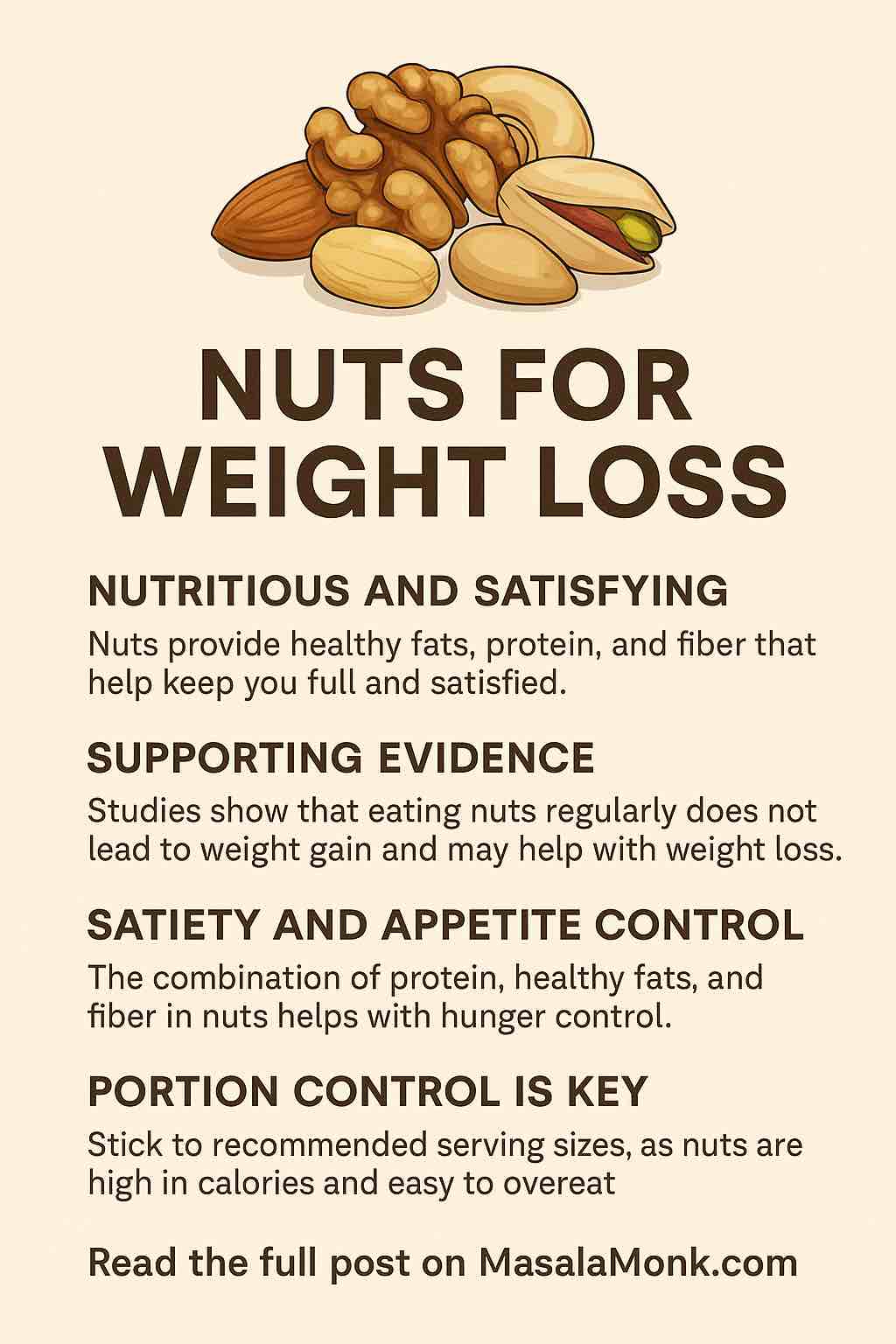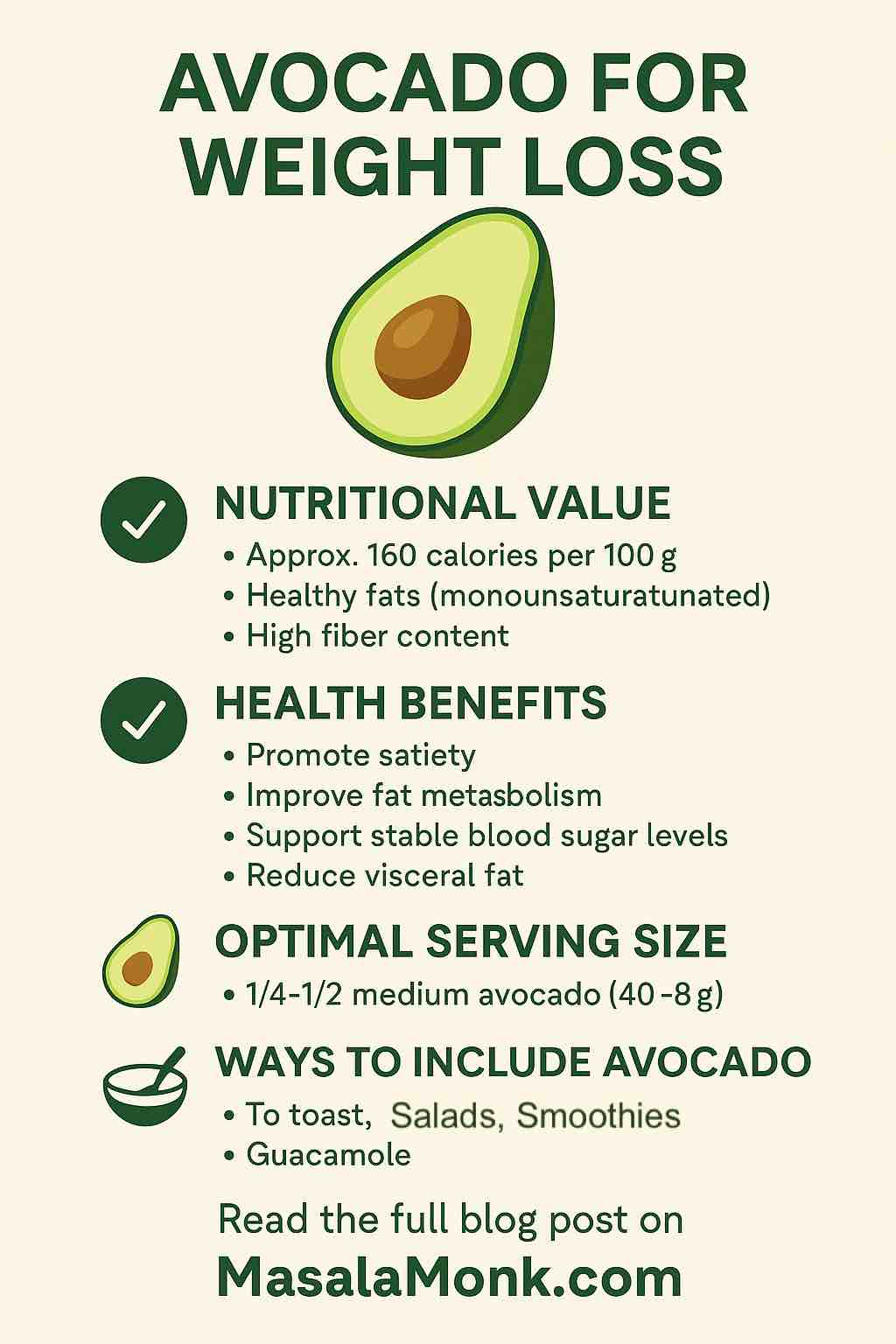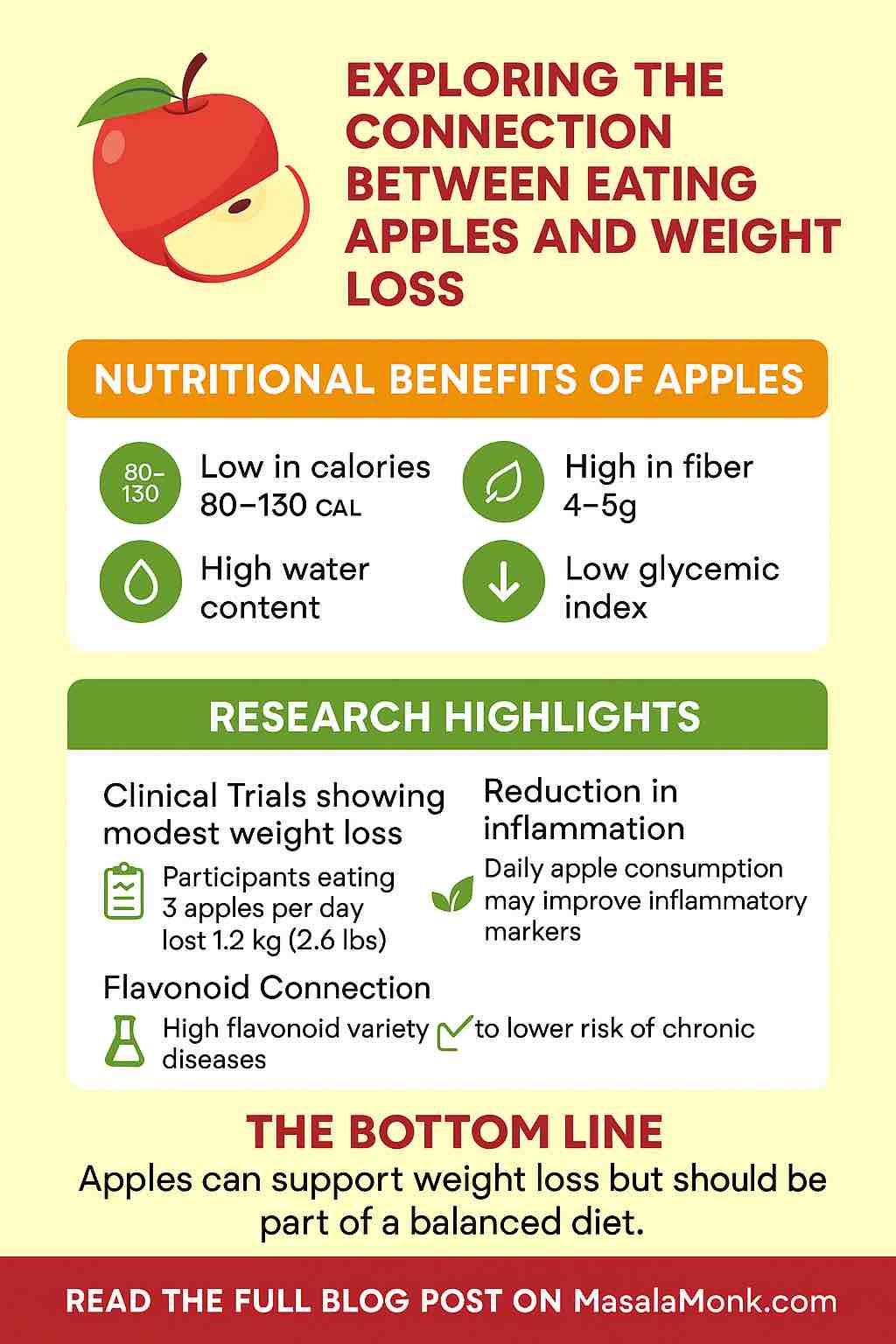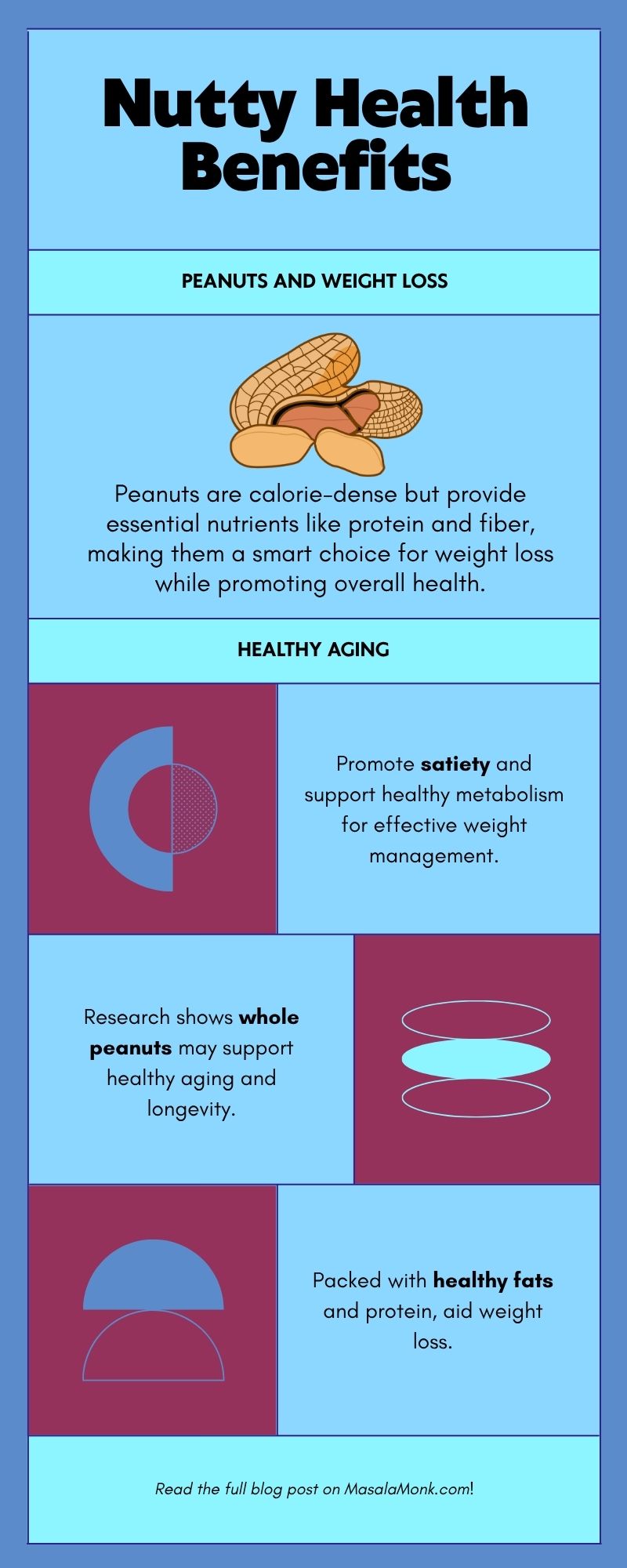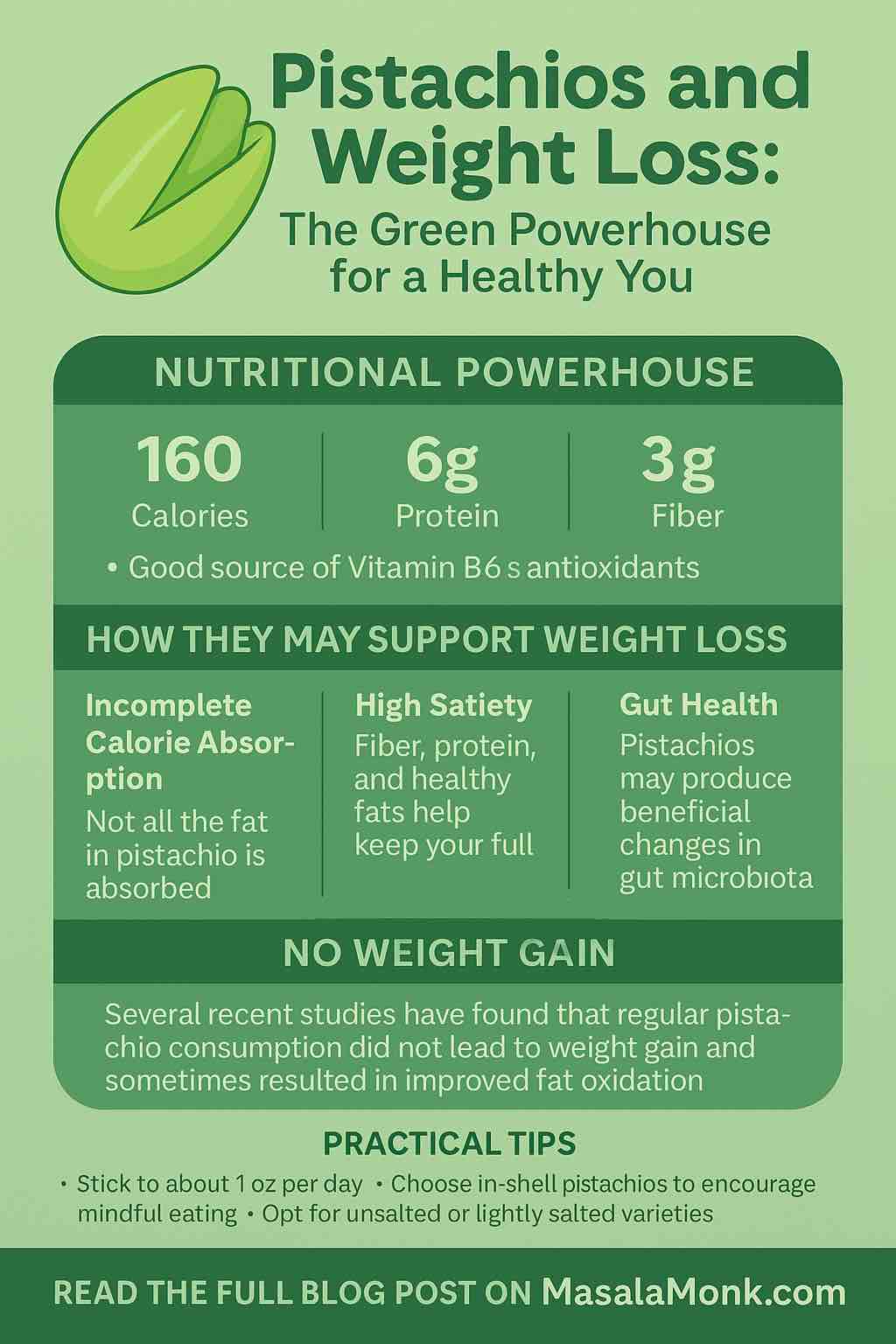
If you’re looking to lose weight without sacrificing taste or satisfaction, look no further than pistachios. These small, green nuts aren’t just delicious—they’re scientifically proven to support weight management, improve metabolic health, and even boost your gut microbiome. Let’s dive into how pistachios can be your unlikely ally in the weight loss journey.
Why Pistachios Are More Than Just a Snack
Pistachios are often overlooked in favor of flashier superfoods, but they pack a powerful nutritional punch in a tiny shell. A single ounce (about 49 pistachios) contains:
- ~160 calories
- 6 grams of protein
- 3 grams of fiber
- Healthy fats (monounsaturated and polyunsaturated)
- A wide range of vitamins and minerals: B6, thiamine, copper, manganese, potassium, and more
Bonus: They also contain antioxidants like lutein and zeaxanthin, which support eye health.
How Pistachios Support Weight Loss
1. Increased Satiety
With a balanced mix of protein, fiber, and healthy fats, pistachios keep you full longer. Studies show that people who snack on pistachios feel more satisfied and are less likely to overeat at subsequent meals.
2. Fewer Absorbed Calories
Here’s a fascinating fact: Not all the calories in pistachios are absorbed. Thanks to the nut’s cell structure, some fat escapes digestion, meaning your body takes in fewer calories than listed on the label.
3. Mindful Eating Advantage
In-shell pistachios naturally slow you down, making you more aware of how much you’re eating. Seeing the growing pile of shells also acts as a visual cue that discourages overeating.
4. Fat Burning Boost
Recent 2024-2025 studies show that pistachios enhance fat oxidation. That means your body gets better at using fat for energy instead of storing it.
New Research: 2025 Discoveries
📊 Gut Microbiome Magic
A July 2025 study from Penn State found that people with prediabetes who ate pistachios at night experienced positive shifts in gut bacteria. Beneficial microbes like Roseburia and Lachnospiraceae flourished, producing anti-inflammatory short-chain fatty acids.
🔄 No Weight Gain Despite Higher Intake
Multiple 2024-2025 studies found that eating 1-2 oz of pistachios daily did not lead to weight gain—even when other parts of the diet remained unchanged. One vegan-focused trial even showed improved fat oxidation and metabolic flexibility.
How to Incorporate Pistachios into Your Weight Loss Plan
✅ Replace, Don’t Add
Use pistachios to replace processed, high-carb, or sugary snacks. A handful of pistachios is a far better choice than a granola bar or bag of chips.
⌚ Opt for Nighttime Snacking
If you must snack late at night, pistachios are a far healthier option than refined carbs. They stabilize blood sugar and improve satiety.
✨ Use In-Shell Nuts
Choose unsalted, in-shell pistachios. You’ll eat more slowly and mindfully, reducing the chance of overeating.
🌟 Pair Smartly
Combine pistachios with Greek yogurt, fresh fruit, or a few whole grain crackers for a balanced mini-meal.
Potential Pitfalls (and How to Avoid Them)
- Calorie Creep: They’re still calorie-dense. Stick to 1 oz (about 49 nuts).
- Salt Bombs: Go for unsalted or lightly salted varieties to avoid excess sodium.
- Allergies: They are tree nuts, so avoid if you have a nut allergy.
Final Thoughts
Pistachios aren’t magic, but they come close. When eaten mindfully and as part of a balanced diet, they can help curb cravings, boost fat burning, and even improve your gut health. Their blend of taste, texture, and powerful nutrition makes them a rare gem in the world of healthy snacking.
So go ahead, crack open a few green gems—your body (and taste buds) will thank you.
Sources:
- Penn State University, 2025 Study on Gut Microbiome
- USDA Fat Absorption Study, 2012
- Li et al., 2010 Pistachio vs Pretzel Trial
- 2024 Meta-Analysis on Nut Intake and Body Weight
- American Pistachio Growers Association Reports, 2024-2025
🔍 Frequently Asked Questions (FAQs)
1. How many pistachios should I eat per day for weight loss?
Answer: Stick to about 1 ounce per day (≈49 in-shell pistachios). This amount offers a balance of nutrients without excess calories.
2. Can I eat pistachios at night without gaining weight?
Answer: Yes. In fact, studies show that nighttime pistachio snacking can improve satiety and even support gut health in people with prediabetes—just be mindful of portion size.
3. Do I have to eat in-shell pistachios to get the benefits?
Answer: In-shell pistachios are better for mindful eating since they slow you down and provide visual cues to stop. But shelled pistachios still provide all the same nutrients.
4. Are salted pistachios bad for you?
Answer: Lightly salted pistachios are fine in moderation, but it’s best to choose unsalted or low-sodium versions to avoid excess sodium, especially if you have high blood pressure.
5. Will pistachios cause weight gain if I eat them daily?
Answer: Not if eaten in appropriate portions and used to replace less healthy snacks. Multiple studies show no weight gain—and in some cases, fat loss—when pistachios are eaten regularly.
6. What’s the best time to eat pistachios for weight control?
Answer: Pistachios work well as a snack between meals or in the evening. Nighttime consumption may also benefit blood sugar and gut microbiome health.
7. Can pistachios help reduce belly fat?
Answer: While no food targets belly fat directly, pistachios support overall fat oxidation and metabolic health, which can help reduce visceral fat over time when combined with a healthy diet and exercise.
8. Are pistachios good for people with diabetes or prediabetes?
Answer: Yes. Pistachios have a low glycemic index and help control blood sugar and insulin response, making them a smart snack for blood sugar management.
9. How do pistachios compare to other nuts for weight loss?
Answer: Pistachios are among the lowest-calorie nuts and offer more fiber per calorie. They also promote satiety and mindful eating more effectively due to their shelling process.
10. Can children or seniors safely include pistachios in their diets?
Answer: Absolutely. Pistachios are nutrient-dense and easy to digest. Just be cautious with whole nuts for young children due to choking risk—opt for chopped or ground pistachios when needed.

